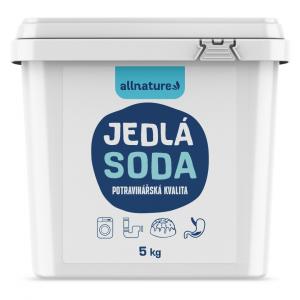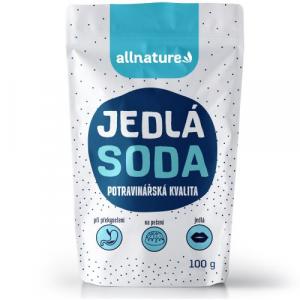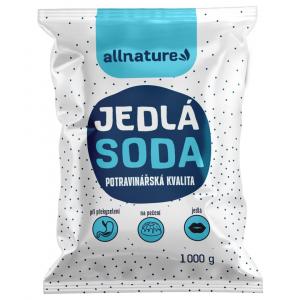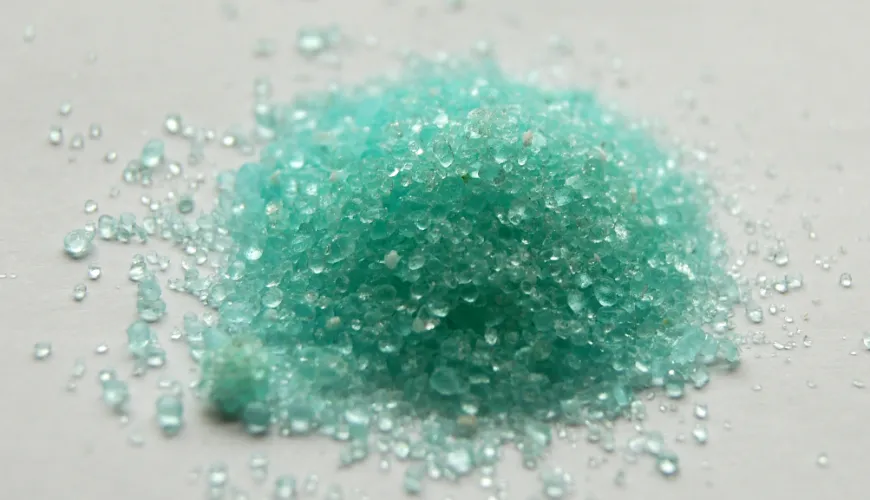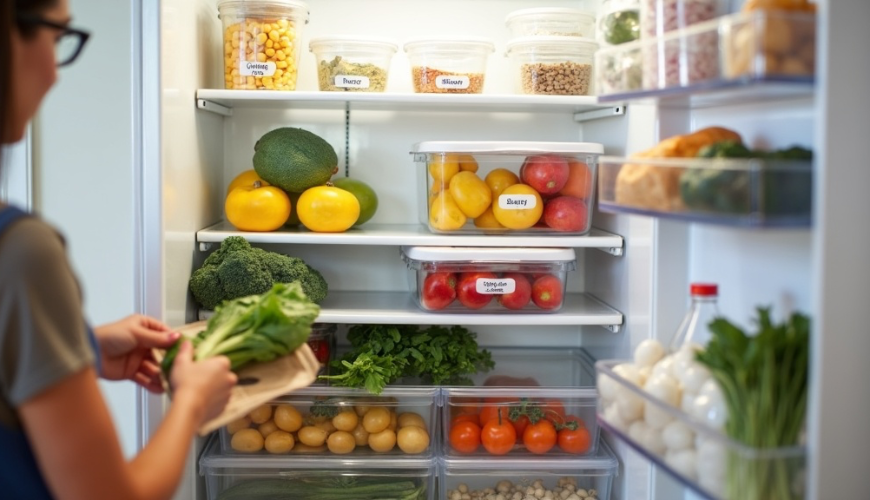
No more rough towels thanks to washing towels with vinegar and baking soda
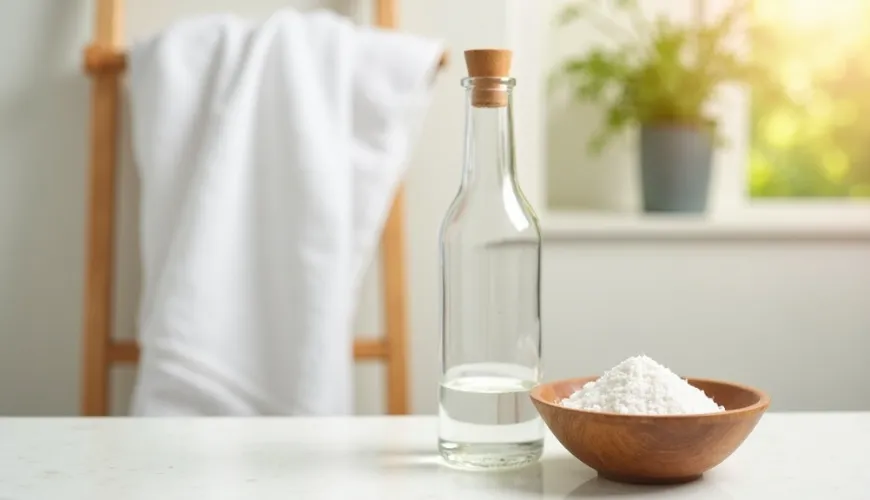
How to Achieve Fresh and Soft Towels Without Chemicals? Try Vinegar and Baking Soda
Towels are among those household items we reach for every day – in the morning, after a shower, or after exercising. Even though we wash them regularly, they often start to harden, lose absorbency, or even develop an unpleasant odor over time. There's nothing worse than a freshly washed towel that smells musty and feels like sandpaper. Why does this happen, and how can we avoid it? The answer might surprise you – the solution lies in ordinary vinegar and baking soda.
What Happens to Towels After Several Washes?
Most commercial detergents contain softeners and synthetic fragrances that, while making towels smell nice, also leave residues on the fibers. This layer accumulates over time, reducing absorbency and increasing material hardness. Add to this the remains of sweat, skin oils, soap, and limescale – and you have the perfect recipe for unsightly, musty, and rough textiles.
Moreover, if we use fabric softener, which is supposed to soften the fabric, it can ironically close the fibers, making the towel almost non-absorbent. This is why many households are looking for alternative, natural washing methods that are effective, gentle, and environmentally friendly.
Why Vinegar and Baking Soda?
Vinegar and baking soda are almost miraculous ingredients in the household. Both substances are commonly available, inexpensive, and biodegradable, meaning they don't stress the environment. Vinegar (preferably white, distilled) acts as a natural softener – dissolving mineral deposits, neutralizing odors, and disinfecting at the same time. Baking soda has similar effects, additionally gently cleaning and helping to release dirt from textiles.
This combination is ideal for washing towels – it helps remove detergent residues, softens fibers, and ensures that towels regain their absorbency and freshness.
How to Wash Towels with Vinegar and Baking Soda?
The process is very simple and can be done by anyone with a washing machine and a bit of patience. The procedure can be divided into two phases:
-
First Wash – with Baking Soda
- Place the towels you want to clean into the washing machine drum.
- Add about 1/2 cup of baking soda to the detergent drawer (or directly into the drum).
- Do not start the wash cycle with regular detergent – only with baking soda.
- Wash at the highest temperature the fabric can withstand (usually 60 °C).
-
Second Wash – with Vinegar
- In the same load, without removing the towels, start another cycle, this time adding 1 cup of white vinegar to the fabric softener compartment.
- Again, wash at a high temperature.
- Then dry the towels thoroughly – ideally in the open air, or in a dryer without fabric softener.
This "two-phase" system can literally revive even older towels. It doesn't need to be done after every wash – once a month or as needed is sufficient, for example, when towels start to smell or feel rough.
Try our natural products
A Real-Life Example - Saving Hotel Towels
The owner of a small guesthouse in Šumava struggled with her towels losing quality after several months of use. Despite using quality detergents and washing regularly at 60 °C, the towels became stiff, and guests complained they weren't soft enough. When she tried the vinegar and baking soda method, the result surprised her. "The towels were softer after the first wash than when newly purchased. And they smelled wonderfully clean – not perfumed, but genuinely fresh," she says. Since then, she uses this method regularly and swears by it.
What to Avoid When Washing Towels?
While it may seem that the more softener or fragrance, the better, this is not true for towels. Fabric softener is one of the main culprits of lost absorbency – it coats fibers with silicones that repel water. Overusing detergent can also cause residues to remain in the textile, promoting odor formation.
Another common problem is overloading the washing machine. If the drum is overloaded, water and cleaning agents can't reach all textiles evenly, reducing washing effectiveness. It's better to fill the drum only halfway, allowing towels enough space to move.
Don't forget about the maintenance of the washing machine itself – it's advisable to "wash it empty" occasionally with vinegar or soda, which helps remove deposits and prevents bacteria from spreading.
Vinegar and Soda Aren't Just for Towels
This natural duo is not only effective for washing towels but also for maintaining other textiles and household equipment. You can use them to wash sportswear (especially synthetics that easily trap odors), bed linens, or kitchen rags. They also work as a natural cleaner for ceramics, sinks, or bathroom tiles.
Moreover, since vinegar and soda are gentler on the environment than common cleaning products, their use also brings an ecological benefit. According to the European Environmental Bureau, reducing chemical consumption in a household can help improve water quality and reduce toxic stress on natural ecosystems.
When to Say Goodbye to Towels?
Even with careful care, towels have their lifespan. After several years, they lose their original structure, and even the best care may not save them. Signs that it's time for a replacement include frayed edges, thinned fibers, or a persistent odor that can't be removed even with vinegar.
Instead of throwing them away, old towels can be recycled – for example, as cleaning rags, pillow stuffing, or temporary coverings for pets.
Towels are an everyday part of our lives, yet often overlooked. Home care based on vinegar and baking soda can restore their freshness, softness, and functionality without the need for chemicals or expensive products.
Washing towels with vinegar and soda is surprisingly simple, effective, and gentle. And as old housekeepers say: "What cleans the kitchen also cleans the laundry." Maybe it's time to give this old wisdom a chance in the modern household.
